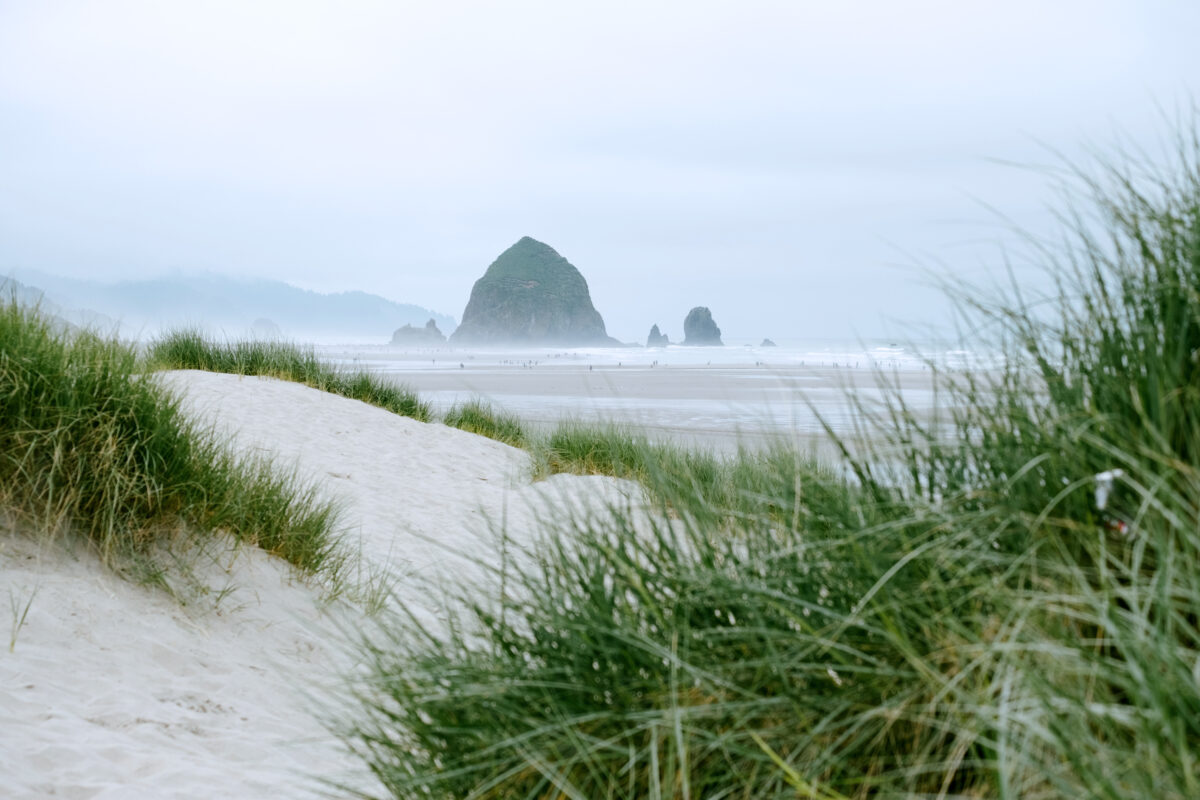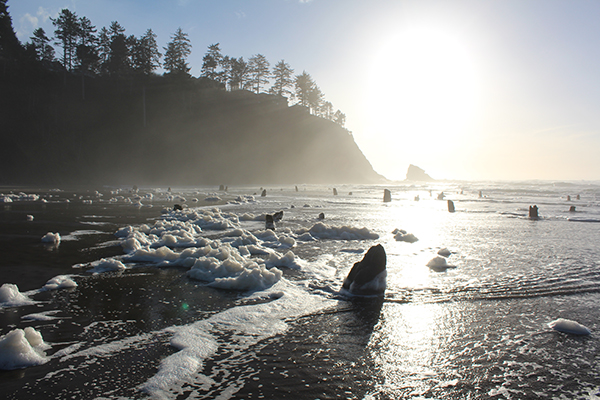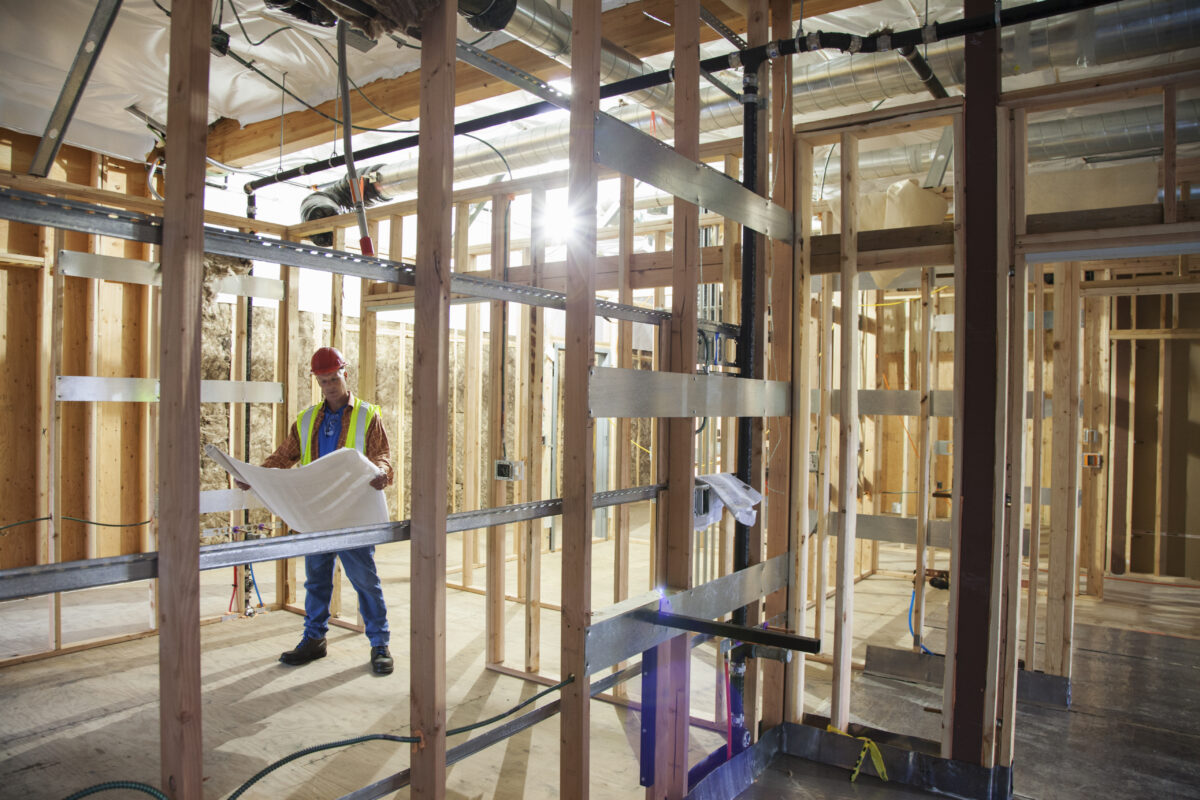If you live in earthquake country, properly preparing yourself for a major disaster can seem overwhelming–for example, the CDC lists more than 70 “suggested supplies” for an earthquake kit. Strap down your water heater, bolt your foundation, secure top-heavy furniture, make a family plan — all great ideas, but there’s one thing to do first:
Meet your neighbors.
After a big earthquake, the people most likely to help you are not emergency responders but your friends, family, and neighbors. Several studies demonstrate that, contrary to Hollywood misperceptions, most people do not panic but remain “controlled, rational and adaptive” (PDF) during and after a major earthquake.
In fact, research shows that people in general become more altruistic after a catastrophe. (Rebecca Solnit’s excellent book, “A Paradise Built in Hell” details the communal generosity that can arise after hurricanes, earthquakes, and terrorist attacks.)
Meeting your neighbors in the Internet age isn’t always easy, especially if you’re an introvert, but it’s essential. Why? Revisit that hefty list of CDC-suggested disaster supplies. It’s doubtful that any one household will have all that stuff; it’s very likely that your entire block or apartment building does.
Consider a scenario.
Three very different renters share a small apartment building: Amy, on the top floor, teaches rock climbing and is rarely home on weekends; Nelson, an avid gamer, can usually be found blasting away on his custom computer rig on the middle floor; and Lee, a senior who is hard of hearing, lives on the ground floor and spends three months of the year traveling.
When a major earthquake strikes on a Tuesday morning in August, dishes smash, furniture crashes, and the building groans like a subway train, then makes an ominous creaking sound. At the first shaking, Nelson drops under his sturdy computer desk and holds on tight to one of the legs. His computer takes some damage, but he’s OK. When the shaking stops, he thinks to check on Lee. He knows she travels during the winter, so when his knocking gets no reply, he forces the door open and finds Lee trapped under a fallen bookshelf.
Nelson quickly runs upstairs to get Amy, who is home on a weekday off and has rescue training from her job. She brings down her backboard, and with Nelson helps free Lee and gets her out of the building. There are countless different ways we can give and receive help during a catastrophe–knowing our neighbors and their situations makes it much more likely it will happen.
Breaking the ice.
If the thought of knocking on your neighbor’s door fills you with dread, take some advice from Moving.com, which offers simple and practical ways for getting the ball rolling–smiling and saying hello; spending time outside in your neighborhood; and lending a hand when you notice someone who needs help are all fairly easy icebreakers. Borrowing a cup of sugar now might ensure you have access to antidiarrheal medicine at the worst possible time.
Another possible method for meeting your neighbors is the free social network Nextdoor. Unlike Twitter or Facebook, Nextdoor acts as a “private social network.” It requires real names paired with physical addresses, and takes considerable steps to verify users. (It also claims not to share your information with advertisers.) Full of hyperlocalized news, events, and neighborhood safety info, Nextdoor provides numerous opportunities for making those sometimes difficult initial introductions with strangers a little easier.
Need a little more motivation to expand your real-life social neighborhood network? Research conducted after Superstorm Sandy struck large areas of New York and New Jersey showed that communities with more robust social connections recovered faster and reported less looting, vandalism, and hoarding. Meeting your neighbors is the first step to creating the social resilience that will help you all fare better after a natural disaster.
So get outside, take a walk, knock on a neighbor’s door, and pet that stranger’s dog–those small steps to make connections might save someone’s life, including yours, in the event of a catastrophe.



